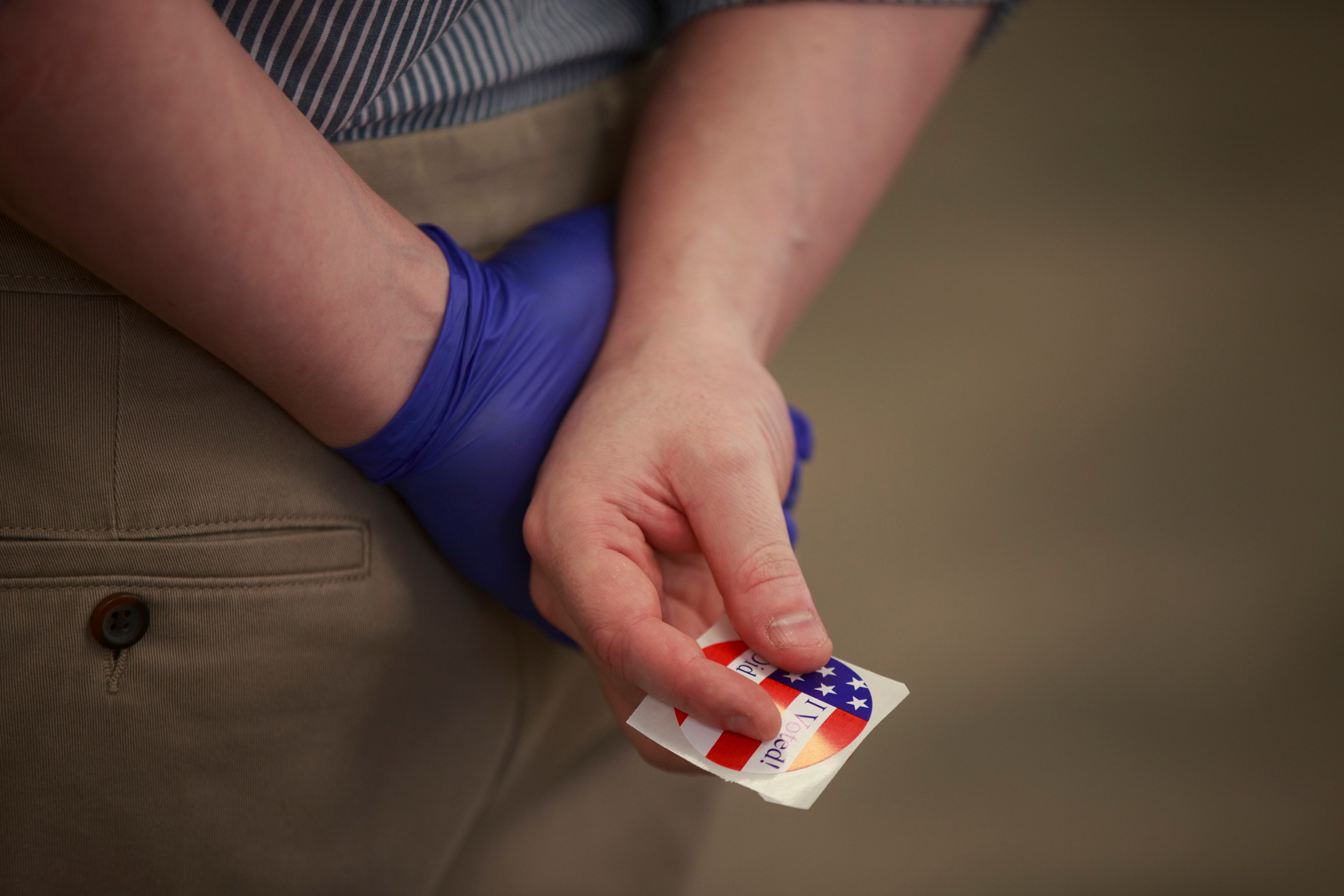Indiana school referendums across the state were largely approved by voters, despite concerns that the pandemic and looming recession would spell failure for the property tax increases.
According to preliminary results, voters Tuesday passed 16 of the 18 ballot measures, including school-funding referendums in two Marion County districts, Washington Township and Beech Grove. Advocates say the results signal a significant show of support for teachers and traditional public schools that could lead to more referendums in the future.
“I think that this is very encouraging to all school districts in the state,” said executive director of the Indiana Association of School Business Officials Denny Costerison, pointing out that many measures promised teachers raises. “[Voters] want to see teachers paid more.”
Referendum results trickled in days after the election as some areas scrambled to process thousands more absentee ballots than usual. But the early results mark an unexpected victory for school districts. Before Election Day, experts worried about the effect of soaring unemployment rates and canceled in-person campaign efforts would have on turnout and voters’ willingness to raise taxes.
Purdue University professor Larry DeBoer, who studies school referendums, previously predicted that widespread job losses would make it more difficult to sell a tax increase.
During the previous recession, in 2009, half of all school referendums statewide failed. DeBoer initially thought it could be attributed to the economic downturn, but now he surmises that the losses in 2009 were likely because the school referendum process was still new to voters and districts.
“Based on the evidence we have right now, recession doesn’t matter,” DeBoer said.
The stakes for districts were particularly high this year, as coronavirus restrictions caused state revenues to plummet and made cuts to state budgets, including K-12 funding, highly likely. Passing a referendum puts districts in a better position to deal with financial uncertainty, experts said.
But John Fenci, Washington Township board president, cautioned the referendum money wouldn’t be a silver bullet. Washington Township is poised to pass two measures worth a total of $413 million, including the largest construction referendum in state history. The money, however, wouldn’t necessarily fill gaps that funding cuts could create, he said. The funds raised by the referendum are already earmarked for certain expenses, such as renovating buildings, constructing a middle school, and increasing teacher salaries.
The superintendent of New Albany-Floyd County Consolidated Schools, Bradley Snyder, however, said he worried about what the district’s finances will look like after its referendum failed. The southern Indiana district asked voters to approve a school safety referendum worth about $3 million annually for eight years.
The campaign lost momentum when the coronavirus closed school buildings, Snyder said. And the measure faced organized opposition that was critical of the district’s focus on mental health services, saying a more robust program could make the district more attractive to students facing challenges.
“There’s no doubt there’s a financial storm coming,” he said. “And we will have to deal with it one day at a time… We were trying to get resources to help our students cope with [anxiety, anger, and stress] and be better citizens, and it’s not going to happen.”
Drawing statewide conclusions from the referendum results is difficult, DeBoer said, since passing a measure can be affected greatly by local culture, efforts, and opposition. This year there was little correlation between referendums that passed and districts’ size or the amount residents’ bill would increase.
In South Bend, where the district’s two ballot measures also faced organized opposition, both passed. The effort to defeat the referendum, led by a local charter school founder, pointed to the districts chronically low test scores and state grades, despite having more per-student funding than many nearby districts. Brian Pawlowski, who co-chaired the anti-referendum committee, said he wished voters had asked more critical questions.
“Our whole goal was to draw attention to the issues in South Bend schools,” Pawlowski said. “Our hope now is that, given all this new influx of revenue, [district leaders] start to take the kinds of swift and bold action that they‘ve been discussing.”







